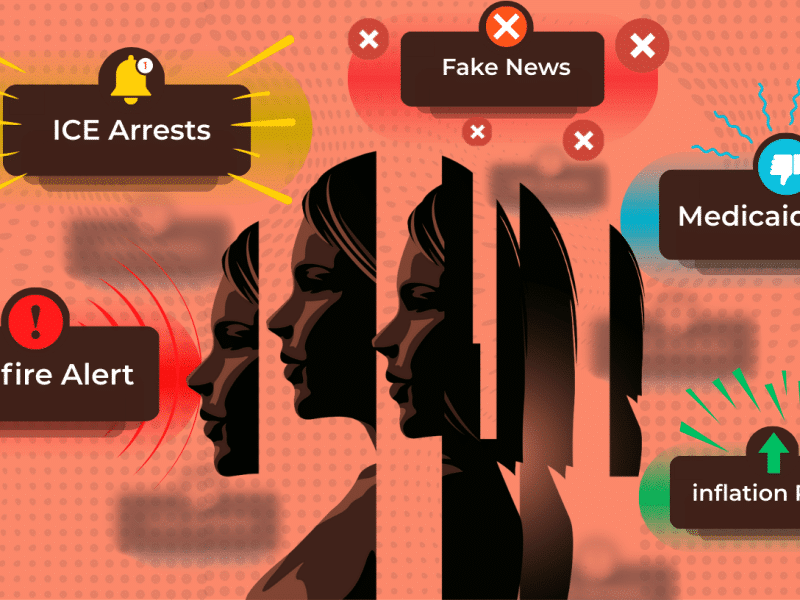Ditch the Pressure: Hacks for a Happier 2025
Say adiós to unrealistic resolutions and hola to a happier you. Learn how to set realistic goals, embrace flexibility, and cultivate your emotional well-being.

In the quest for a happier 2025, it’s essential to ditch the pressure associated with New Year’s resolutions. As we stand on the threshold of a new year, we are once again given the unique opportunity to reflect, renew energies, and adopt practices that promote mental and emotional well-being.
While the start of a new year is filled with possibilities, the pressure to transform into “better” versions of ourselves can feel overwhelming.
Data reveals that a substantial percentage of the population faces obstacles in their attempts to fulfill New Year’s resolutions. The pressure to meet high expectations and unrealistic goals can frustrate success rather than propel it forward.
Some reasons include adopting extreme all-or-nothing behavior, lack of accountability, and setting immeasurable goals. Tackling these challenges involves cultivating a compassionate introspection within ourselves.
Questions like: What moments brought me happiness last year? Or, how can I cultivate my emotional well-being this year? These types of questions can guide this introspection and also remind you that a new year doesn’t necessarily have to mean a new you. You could find that you’re perfectly happy with the 2024 version of you, and one arbitrary date change doesn’t mean anything has to fundamentally change.
But for many others, this largely symbolic date change often serves as an opportunity to revisit this introspection and take action if and when you feel it’ll best serve you.
If you’re someone who feels like the start of the new year can kick-start some new habits, use the tips below to help guide your New Year’s resolutions.
But also remember that change can happen any day – not just on the eve of the new year:
Mindful Progress
Make it a priority to anticipate challenges and recognize the gradual process of progress. Set realistic goals that are on your timeline and no one else’s. Setting unrealistic goals is a sure-fire way to set yourself up for inevitable failure. The key here is to be proactively mindful that progress is progress, whether fast or slow.
Proactive Approach
Being proactive is an extension of being mindful. Staying intentional and embracing flexibility in your schedule will help you avoid comparing yourself to others. Set small, gradual goals to maintain a proactive and productive approach to the process. Doing this will help you avoid placing unnecessary and unrealistic expectations on yourself. We have enough to deal with when others place unreasonable expectations on us – there’s no reason to do it to yourself, too.
Progress Support
Change is a gradual process that can become discouraging when it feels like we’re not moving forward. During times like these, it’s helpful to have someone who can add some additional encouragement and accountability. Consider recruiting a support partner who can add these elements when the inevitable challenging moments arise.
Journaling your emotions regarding progress, goals, and challenges can also offer valuable insights.
Self-Kindness Reset
Be kind to yourself, stay flexible, and find joy in activities. If you miss your goals this month, take a quick breather and approach them with a fresh set of eyes next time. Redirect the focus from goals affecting your mental well-being to activities bringing genuine happiness.
As we enter the new year, mental health is a necessary element of our journey towards well-being. Whether you’re looking to start new habits, get rid of old ones, or continue on as-is, each step in self-care guides us toward a more balanced and resilient self.



